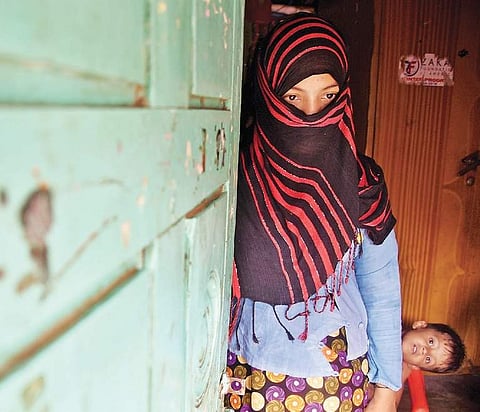

NEW DELHI: The Supreme Court said on Friday the Rohingya refugee problem was “of big magnitude”, requiring the State to play a “big role” in striking a balance between national security, economic concerns and humanitarian considerations.
The court scheduled a “holistic hearing” on the question of deporting Rohingya Muslims to Myanmar for November 21, refraining from passing any interim order staying deportation. However, it indicated that the Centre should not deport the refugees “now”.“There has to be a broader humanitarian spectrum but national interest cannot be secondary too. The question is how to strike a balance. It is an issue of big magnitude and the state has a big role. The state will have to adopt a multi-pronged approach,” the bench, headed by CJI Dipak Misra, said.
The court also observed that neither a constitutional court nor the government could remain oblivious to the plight of innocent children, women, the old and the infirm. The Centre, represented by Additional Solicitor General Tushar Mehta, said it understood the value of the court’s observation but it was also bound by its international obligations.
The bench, hearing a petition against blanket deportation of the Rohingyas, replied: “We will say that in our order. Take actions whenever you find anything wrong with individuals but don’t deport everyone.”
ASG Mehta said the government was conscious of its obligations and that any interim order would have huge ramifications. “We understand our responsibility very well, especially in such cases of international ramifications,” he said. The court then concluded the hearing saying the petitioner could approach the court in case any contingency arose.
Only Centre should deal with deportation of Rohingyas: MHA
Rohingya issue of great magnitude, state has big role: SC
Congress, Rahul Gandhi should make stand clear on Rohingya Muslims: BJP chief Amit Shah
Supreme Court: No Rohingya Muslim refugee should be deported until next date of hearing, November 21